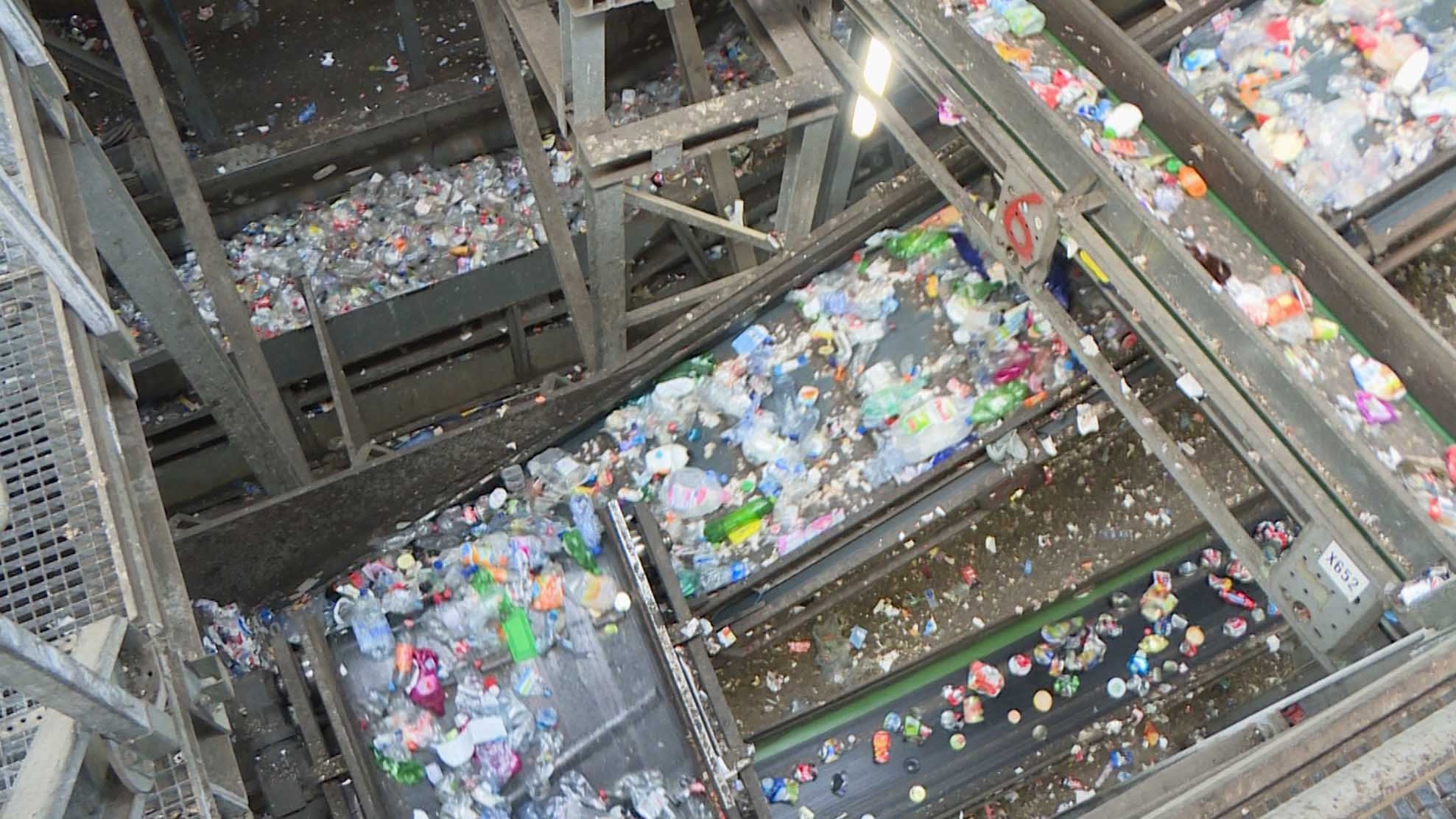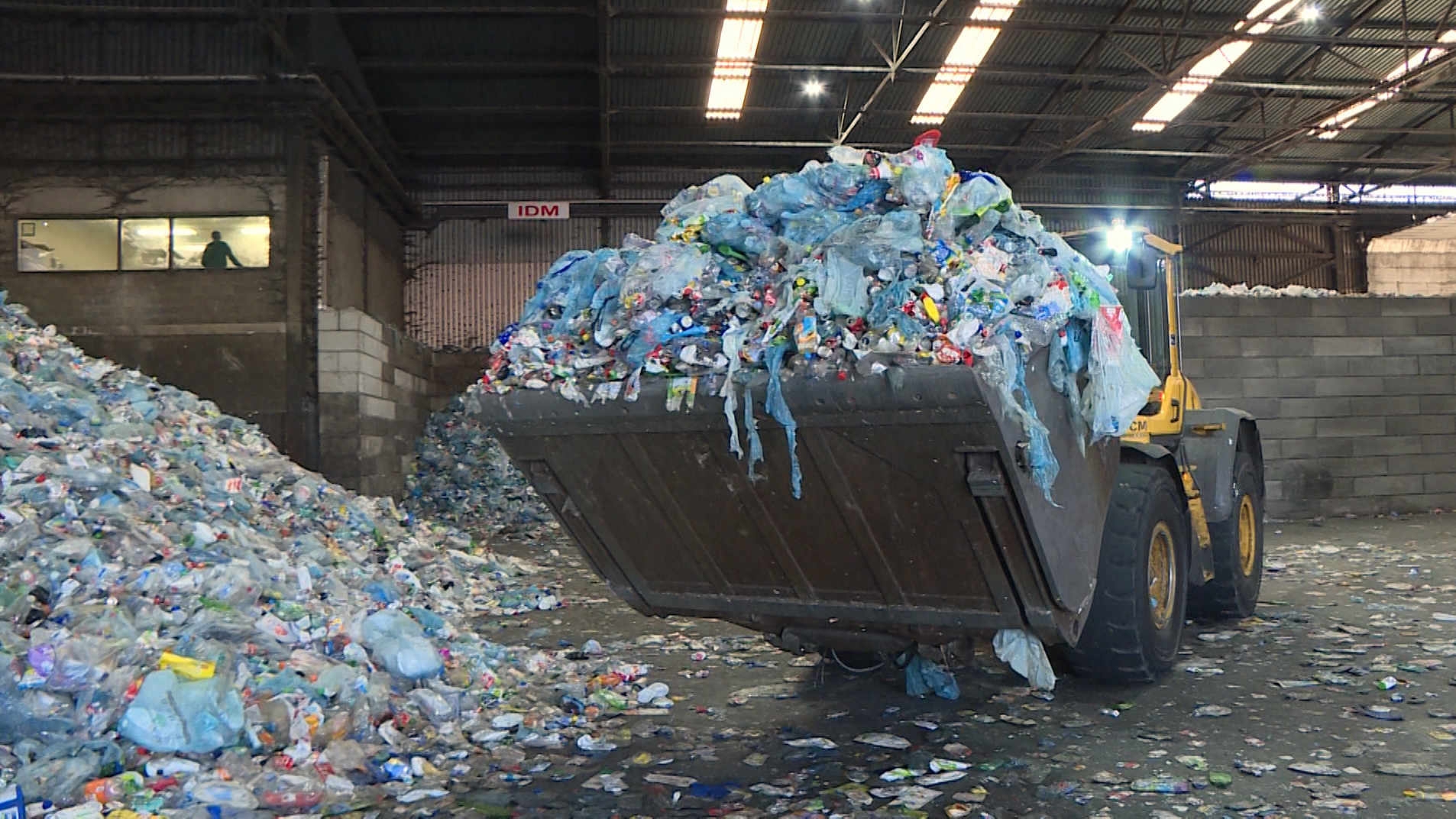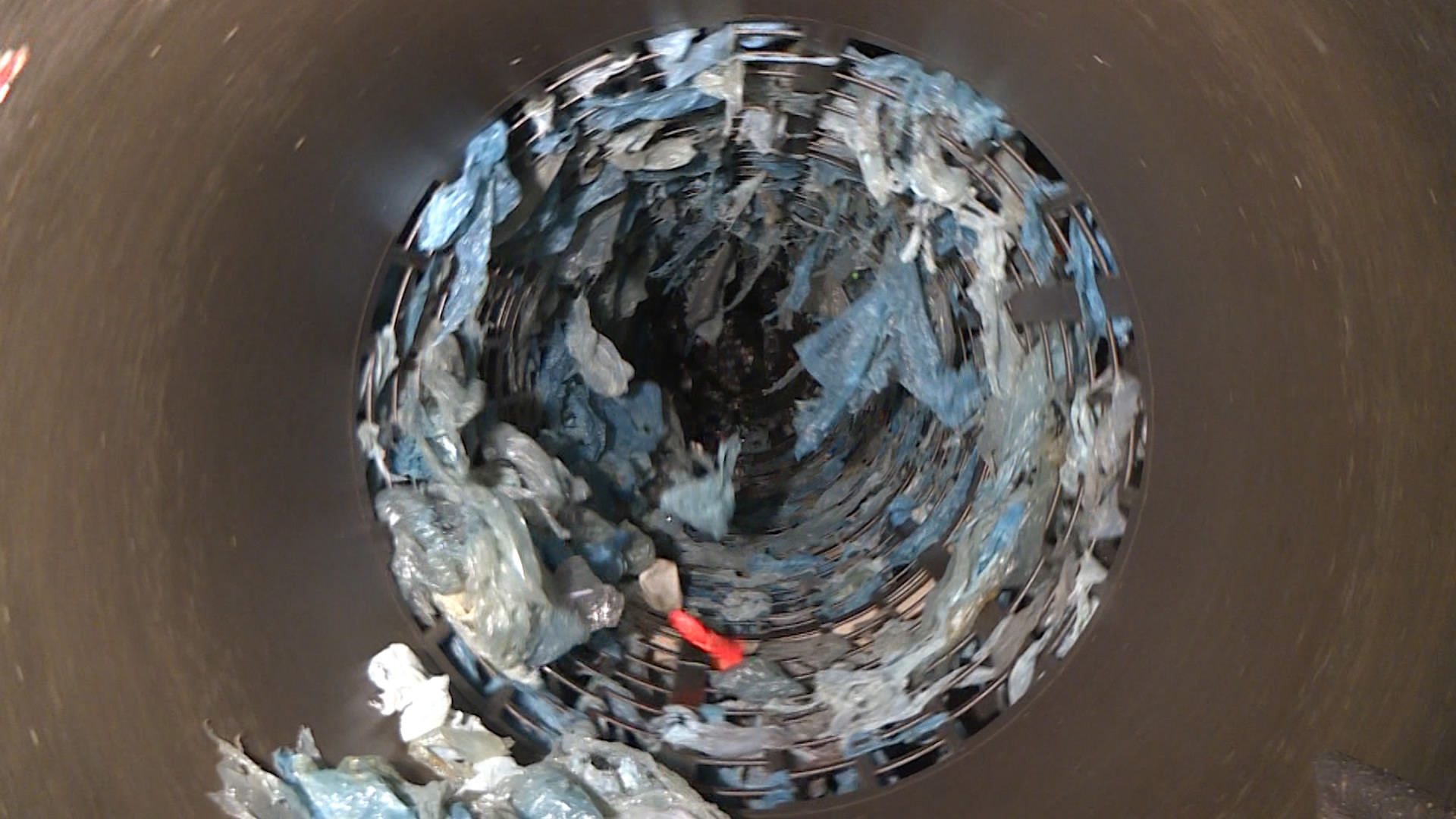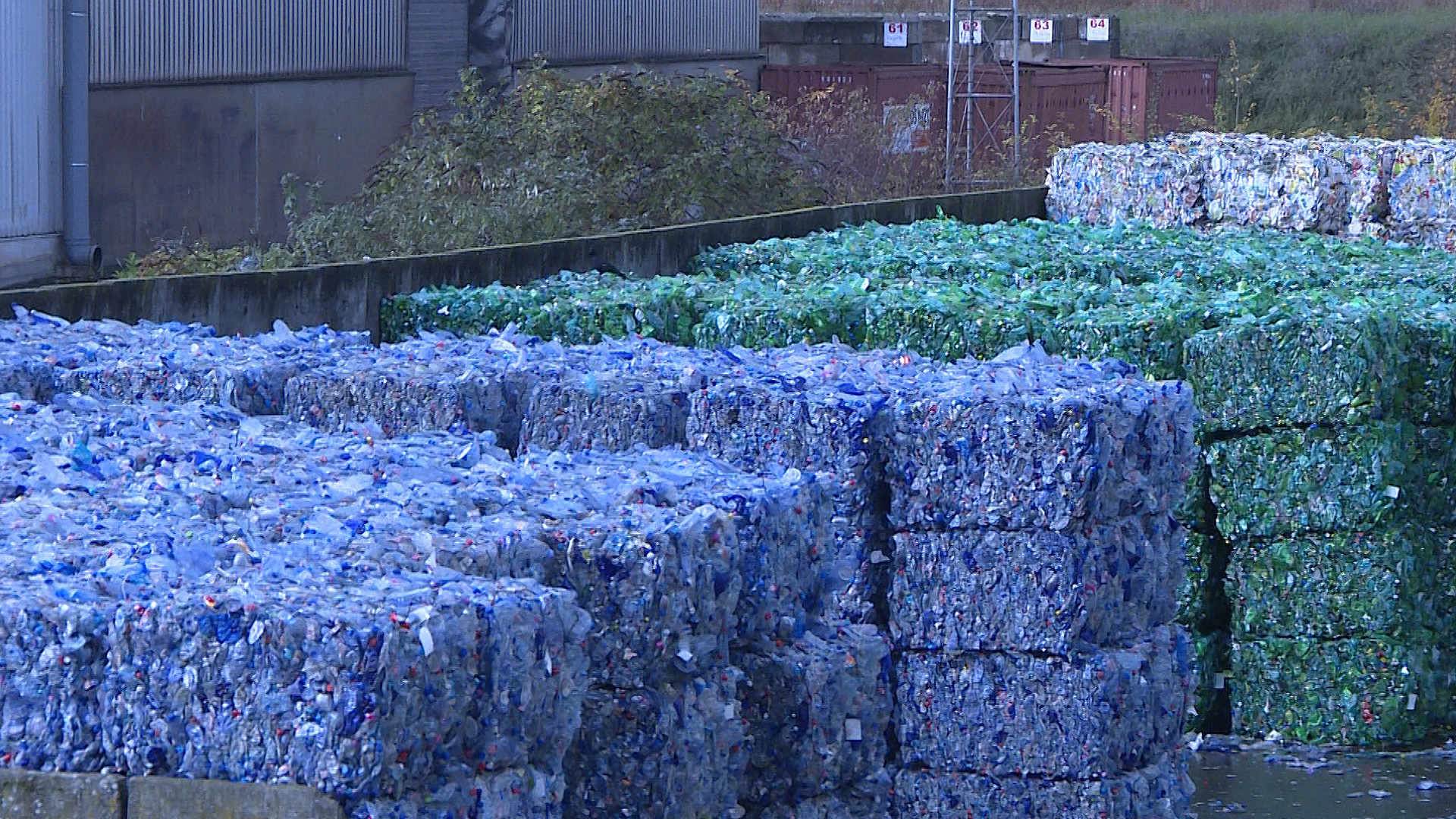
Tech & Sci
20:54, 17-Nov-2017
What should the Europe do with its plastics conundrum?
By Jack Parrock

The European Union is trying to work out what it will do with nearly three million tons of plastics after China banned the import of low-grade recycled material starting from January 1, 2018.
Until now, 40 percent of Europe's low-grade plastics have been shipped out to China for processing. The EU's high-grade plastics like clean water bottles remain on the continent where they become things like fleece or insulation.

A recycling sporting center in Willebroek, Belgium /CGTN Photo
A recycling sporting center in Willebroek, Belgium /CGTN Photo
For the EU, it's indeed a headache.
In western Europe, consumption of plastic stands at around 100 kilograms per person per year, compared to 20 kilograms in Asian countries. And only 30 percent of all plastics in Europe are actually good for recycling.
In order to solve the huge plastics problem, the European Commission is due to release a strategy on plastics treatment by the end of 2017. One of its plans is to build a so-called circular economy to make good use of plastics.

A recycling sporting center in Willebroek, Belgium /CGTN Photo
A recycling sporting center in Willebroek, Belgium /CGTN Photo
Plastics campaigners want the China ban to mark a turning point for Europe. In their opinions, reducing consumption should become the new focus, as many have been concerned that the processing of the plastics in third-world countries has not met EU standards.
According to Meadhbh Bolger from Friends of Europe, it's time for the EU to "get real" and do something instead of simply sending the residual plastics directly to incinerators or landfills. In her opinion, China is banning the imports from other countries because domestic consumption is increasing and must free up capacity.

A recycling sporting center in Willebroek, Belgium /CGTN Photo
A recycling sporting center in Willebroek, Belgium /CGTN Photo
At the same time, countries in Southeast Asia are also worried.
"The Philippines, Indonesia, Malaysia would be particularly concerned that they would be the target for this waste," said Froilan Grate, from the Global Alliance for Incinerator Alternatives.

SITEMAP
Copyright © 2018 CGTN. Beijing ICP prepared NO.16065310-3
Copyright © 2018 CGTN. Beijing ICP prepared NO.16065310-3